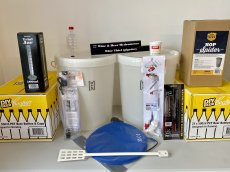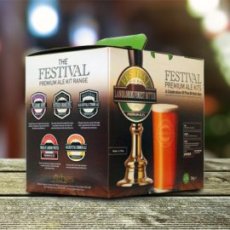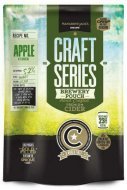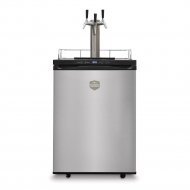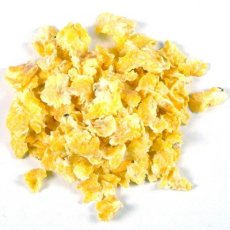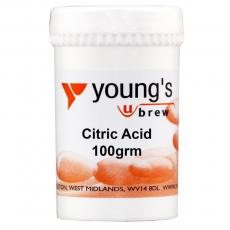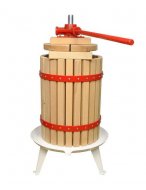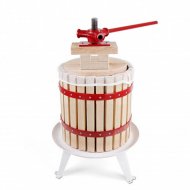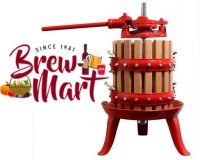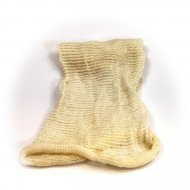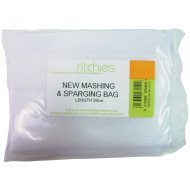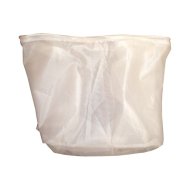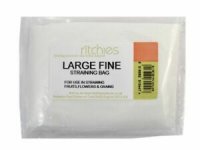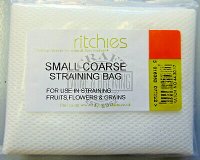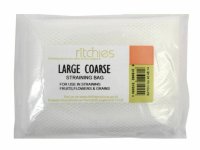Sign up to the Brew Mart newsletter for the latest news, offers & more
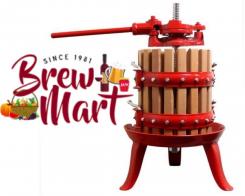
Cider Making Equipment
You can't make the cider without the equipment!
This page caters to the equipment needed during cider making. Whether making a one-gallon batch or a 100-gallon batch, you will enjoy making cider more with the right equipment at your figure tips.
You can use most of this cider making equipment in all types of homebrewing (beer, wine or cider), and they are available at the Brew Mart homebrew store and online.
If you have more than a few things to buy, you should consider purchasing a cider making starter kit which is a convenient way to buy many items together at a reduced price.
A cider making checklist
- A crusher to pulp your apples (you will get bored with chopping them up with a knife very quickly)
- Cider or fruit press to make the juice. Some cider presses need bags inside the press barrel to hold the "cheese" (crushed pulped apple). Producing one gallon of cider will require about 15 pounds of apples!
- A scoop: You use it when handling the pulped apples.
- Cleaner and Sanitiser: A good cleaner and sanitiser will guarantee clean equipment. A sanitiser is a must for a clean and safe ferment.
- Containers with bungs and airlocks. Glass demijohns are available in sizes from 1-gallon upwards. Also, a glass fermenter, called a carboy, comes in many sizes, with the most popular being one to six gallons of capacity. There is also an enormous range of food-grade plastic ware on the market now. Lighter, unbreakable and larger. A fermentor is a vessel where fermentation happens. You pour your fruit juice in, add your yeast, and the magic happens. Plastic fermenting buckets made from food-safe plastic are cheaper, easier to clean and won't break if dropped. Some plastic fermenters also come with a very convenient tap when bottling cider.
- An airlock is an essential yet straightforward tool for fermenting hard cider or any other alcohol. The airlock allows the gasses created during fermentation (CO2) to escape while keeping contamination such as mould or bugs out.
- Hydrometer.; this item tells you how the fermentation is progressing. For cider, the hydrometer allows you to measure the sugar content. This sugar content measurement can determine the potential and final alcohol percentage. A hydrometer is essential when measuring the completion of fermentation. or trying to reach a certain potential ABV for a recipe.
- Yeast. Brew Mart stock a variety of cider yeasts to suit your taste.
- Camden Tablets. Essential if you wish to kill the yeasts (especially in still ciders) when they have finished working.
- Auto Siphon, Hose and Siphon tube: A siphon is a simple yet handy tool that allows you to "rack" or transfer the cider from one fermentor to another or bottle. The siphon will enable you to drain the cider off without stirring up the sediment at the bottom of the fermentor. Syphoning will help achieve a clear finished cider.
- Buckets. You can never have enough.
- Bottling Solutions: The way you choose to bottle your cider depends on personal preference. Do you like carbonated or still cider? Small or large bottles? If you prefer to carbonate your cider, use bottles and stoppers suitable for champagne. Wine bottles work well for still cider.
- Funnel. A large one is best suited, ideally with a removable filter gauze.
- Rubber gloves. The long ones you use for unblocking the loo when all else fails will save your hands.
- Juice proof apron to protect your clothes.
- Stainless Brew Kettle or Pot is practical if you want to pasteurise fresh-pressed cider instead of using chemical treatment or UV light. You mustn't boil the cider when pasteurising cider or the pectins will activate and leave the finished cider cloudy. Also, boiling can change the flavour of the cider as sugars can caramelise. A thermometer is convenient to monitor the temperature accurately.
Precision Cider Making Tools
Digital Scale:
Accurately measuring sugars or any additive is a no brainer. One particular task that you will find the use of a scale significant is measuring priming sugar. Too little, and you have too much flat cider, and your bottles can explode.
Acid/Ph Testing Kit:
It can taste tart when the cider is too acidic, while a neutral cider will taste flat and bland. Testing the cider allows you to balance the acidity and achieve controlled results. Testing is beneficial when using fresh-pressed cider with a mix of unknown apples.
Before you purchase your cider making equipment, a quick word of warning about the material from which they are made:
Apple juice or any fruit juice is acidic and reacts unpleasantly with several materials. Please stay away from metals unless they are genuinely stainless. Lead is hazardous, but iron and steel rust very quickly, discolour the cider and make it taste not very pleasant. Food grade is the operative phrase applied to plastic and stainless steel items. Wood is good, such as with the fruit press, but can be hard to keep clean unless varnished.
Check Out Sterilization and Disinfection

